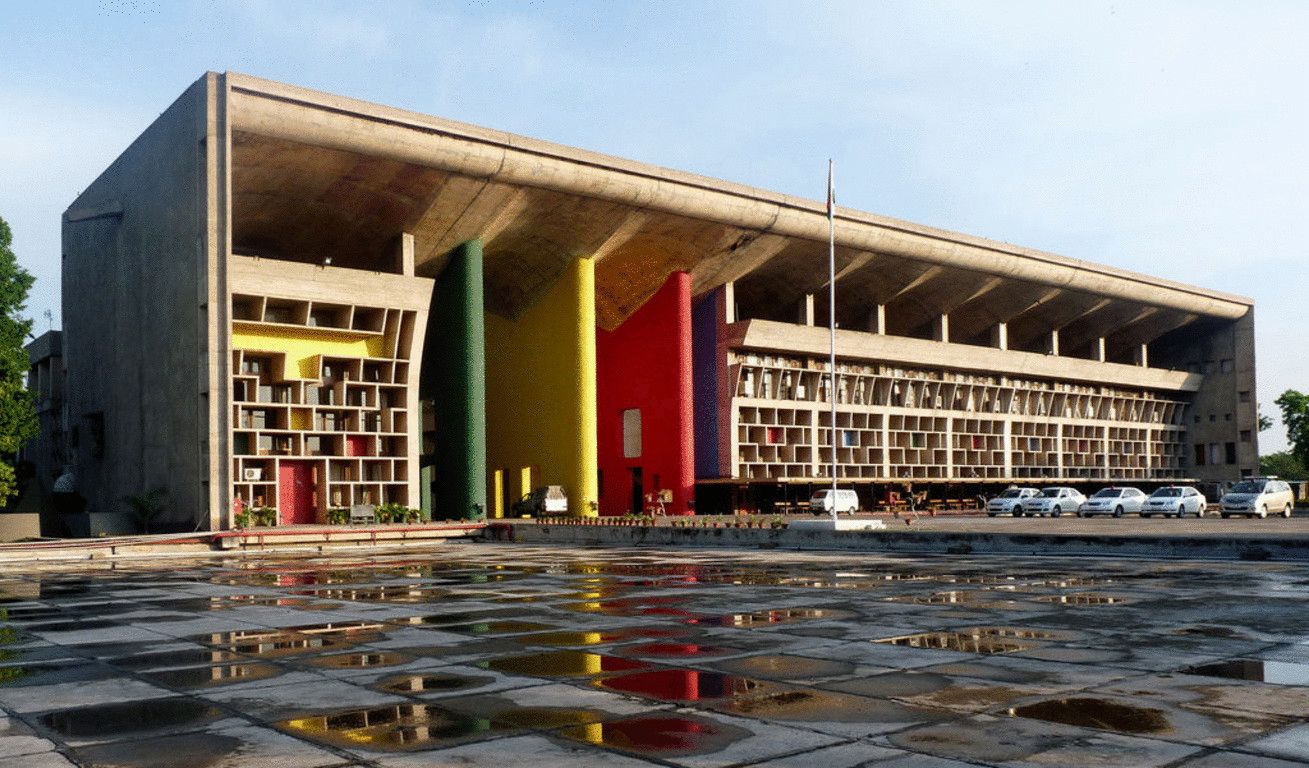Punjab & Haryana HC: Executing Court Can Restore Possession in Injunction Decree, Objections by Judgment Debtors Dismissed

Case Name: Dilbagh Singh & Ors. v. Harpal Singh @ Harpal Singh Chela & Ors.
Date of Judgment: January 14, 2020
Citation: CR No. 235 of 2020
Bench: Hon’ble Mr. Justice Rajbir Sehrawat
Held: The High Court dismissed the revision petition filed by the judgment debtors challenging the Executing Court’s order restoring possession to the decree holder. It held that once the trial court and appellate court had conclusively found the decree holder to be in possession of the suit property at the time of decree, the executing court could not reopen that finding. Under Order 21 Rule 32(5) CPC, the executing court is empowered to order restoration of possession if the decree holder is dispossessed after the decree, and this provision does not require hyper-technical pleadings specifying the exact mode or date of dispossession. Reliance on contrary judgments was rejected as the law is settled by the Supreme Court in Samee Khan v. Bindu Khan (1998) and followed in Kapoor Singh v. Om Parkash (2009).
Summary: The decree holder had obtained a permanent injunction declaring his possession over the suit property. In execution proceedings, he complained of being dispossessed by the judgment debtors. The executing court issued warrants of possession for restoration. The petitioners contended that the original decree was only for injunction, not possession, and that a separate suit was required to claim possession. They also argued that Order 21 Rule 32 CPC permitted only civil imprisonment or attachment, not restoration of possession, and that the decree holder had failed to specify how and when dispossession occurred. The High Court rejected these arguments, noting that both trial and appellate courts had recorded findings of the decree holder’s possession. The executing court was bound by those findings and could not go behind the decree. It held that execution proceedings presume decree validity, and pending second appeal without stay could not suspend execution. The Court also clarified that Order 21 Rule 32 CPC permits restoration of possession in injunction decrees if violation is proved, and there is no requirement of pleading dispossession with mathematical precision.
Decision: The High Court upheld the executing court’s order issuing warrants of possession and dismissed the revision petition filed by the judgment debtors.